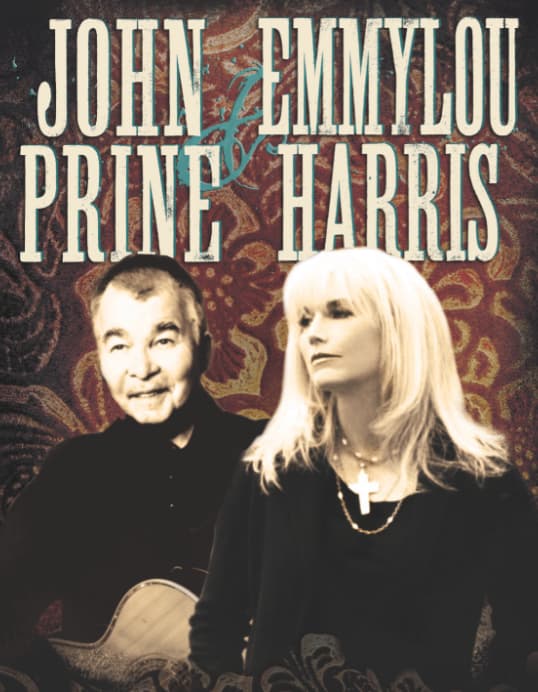
A timeless portrait of a middle-aged woman’s weary longing for freedom and her lost youth.
The Angel in the Everyday
There are songs that simply exist, and then there are songs that become a part of the cultural tapestry—pieces of music that, with the first haunting chord, instantly transport you back to a simpler, perhaps more honest time. John Prine‘s masterpiece, “Angel From Montgomery,” is one of the latter. While the version featuring the sublime harmonies of Emmylou Harris is a touchstone for many, it is crucial to remember the song’s genesis. It first appeared on Prine‘s self-titled 1971 debut album, John Prine. This original studio recording, a testament to the young songwriter’s genius, was a quiet entry into the world. It was not released as a single and did not register on the major US pop or country charts at the time of its initial release. However, its resonance quickly spread through the burgeoning folk and country-rock scenes, becoming an immediate favorite for discerning musicians and listeners alike.
The Heartbreak of a Life Unlived
The story behind “Angel From Montgomery” is a subtle reflection of Prine‘s extraordinary gift for inhabiting the inner lives of ordinary people. Prine has recounted that he wrote the song in about 15 minutes, inspired by a suggestion from a friend that he write a song about an “old woman.” His mind conjured the image of a middle-aged woman looking back on a life that didn’t quite deliver on the youthful promises. The “Angel” she yearns for is not a divine being but a fleeting moment of grace, a deliverance from the mundane, or perhaps even a return to the reckless freedom of her youth embodied by the “free rambling man” cowboy she once knew. The lyric, “If dreams were lightning, thunder was desire / This old house would have burnt down a long time ago,” is a line that cuts straight to the core of suppressed yearning and the quiet desperation of a dream deferred.
A Shared Soulful Lament
While Prine‘s original is definitive, it was the soulful cover by Bonnie Raitt on her 1974 album, Streetlights, that first brought the song to wide public recognition. However, the collaboration between Prine and Emmylou Harris, often captured in live performances throughout the years (such as on Prine‘s 2010 live album, In Person & On Stage), offers a unique and deeply affecting experience. Harris‘s crystalline, empathetic voice, interwoven with Prine‘s own weathered baritone, brings an added layer of communal sorrow and shared understanding to the woman’s lament. It is not just one voice grieving the passing of time, but two legends sharing the burden of a universal human experience.
The enduring meaning of “Angel From Montgomery” transcends the simple narrative of a disappointed wife. It is a profound meditation on the passage of time, the disillusionment of adulthood, and the persistent, almost desperate need to hold onto one thing—be it a memory, a hope, or a simple piece of meaning—to justify “this living.” For those of us who have accumulated a few decades, who have watched our own cowboy-days fade into the rearview mirror, the lyrics resonate with an almost unbearable nostalgia. We hear not just a song, but a mirror reflecting our own long-ago dreams, the promises we made to ourselves, and the simple truth that sometimes, the hardest work of all is just to keep going.